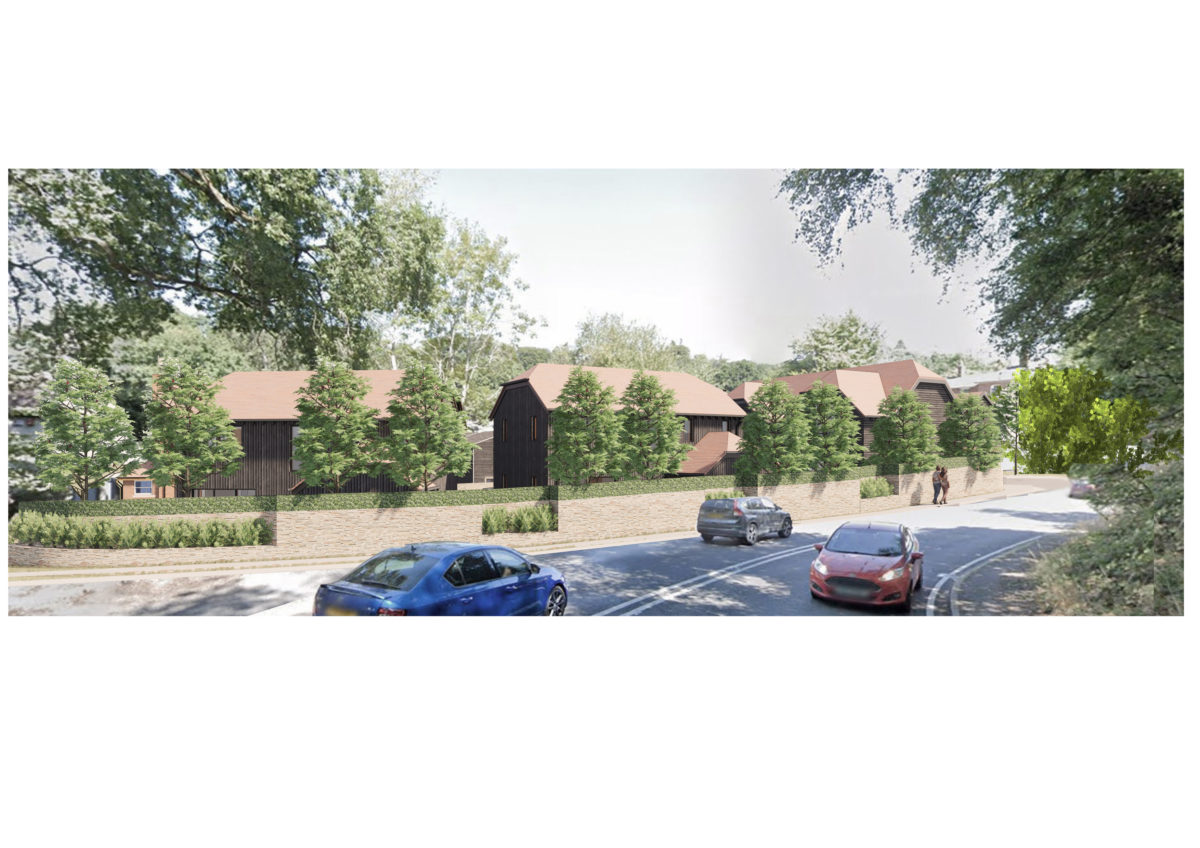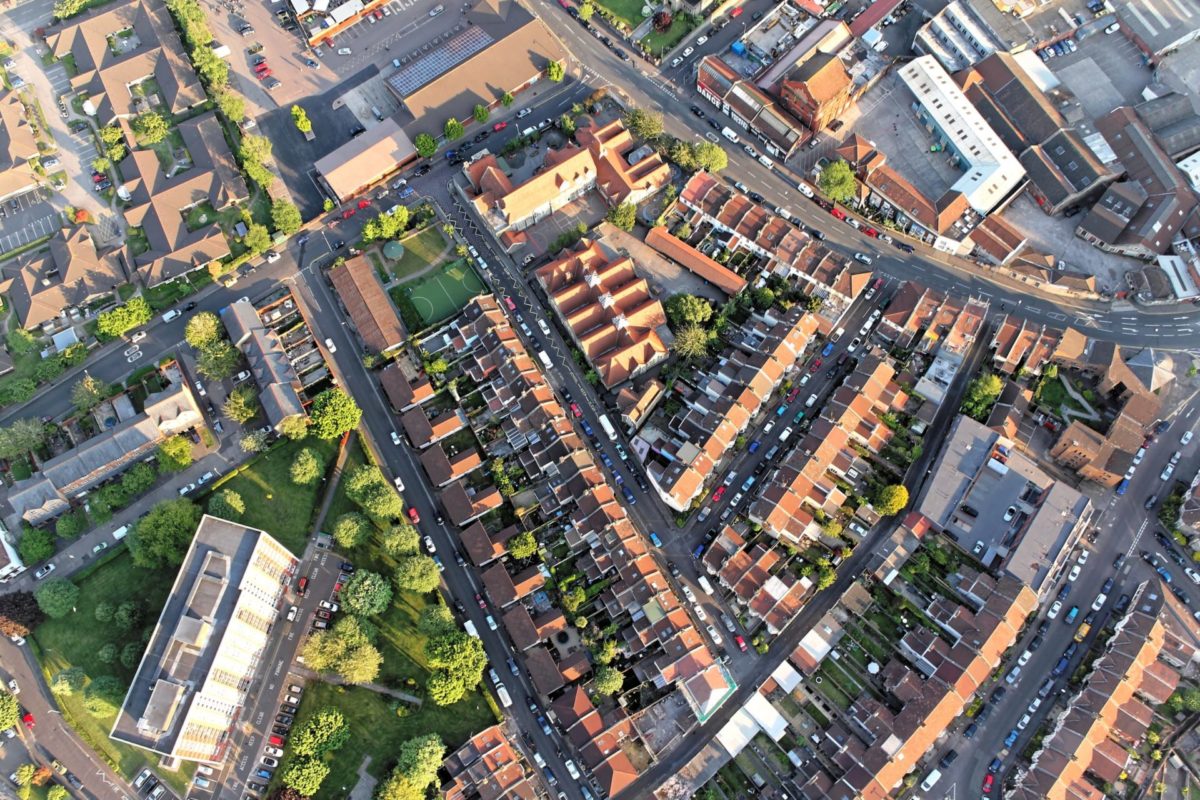

Do not ignore your Enforcement Notice – we can help you find a way forward
Enforcement – regarded as the ‘dirty’ word of planning control, the area of planning that many consultancies shy away from. But not here at Bell Cornwell – with a wealth of experience dealing with planning enforcement matters, we are determined to resolve alleged planning breaches in the best way possible for our clients.
The first thing to say is never ignore an Enforcement Notice served by the Local Planning Authority (LPA). This does not help anyone, least of all yourself, and it will not go away by itself. Once you understand exactly what the Enforcement Notice is about and how to respond to it you can deal with it appropriately.
The issue of an Enforcement Notice should not come as a total surprise, contact will have been made by the Council earlier, whether that be a site visit or in writing to inform you that a breach has been alleged. Prior to an Enforcement Notice, you may be served a Planning Contravention Notice (PCN), which is used to gather information about the suspected breach. If you ignore the PCN or don’t tell the truth, your problems will only escalate and you could be faced with prosecution and fines as well as action being taken to remove or cease the alleged breach.
Instead of taking formal enforcement action, the Council may instead invite you to make a retrospective planning application to address the breach. If granted, then no further action would be taken. There is no guarantee of permission being granted until formally determined but whilst the application is under consideration, any further enforcement action is on hold. Furthermore, the Council is unlikely to encourage an application to be submitted if it is likely to be refused.
If an Enforcement Notice is served, it will set out specific requirements to remedy the breach of planning control. It usually relates to development or use of land that has taken place without planning permission. An Enforcement Notice can also be served in a situation where planning permission has been granted but the development has not been implemented in accordance with the planning conditions.
There are a number of routes the ‘enforcement’ path can then take.
-
Comply with the Enforcement Notice.
The Notice will set out the actions and time period to comply with and those requirements might be acceptable to you.
-
Appeal against the Enforcement Notice.
This must be done promptly. You are given only 28 days to appeal to the Planning Inspectorate. If you do not appeal, the Notice takes effect and you must carry out its requirements. There are numerous possible grounds for appealing and getting this right from the outset is critical to the outcome.
Enforcement appeals are similar to planning appeals and are determined under one of three procedures: written representations, informal hearing or public inquiry. Once an appeal has been made the LPA may not take any further action until the appeal is determined by the Planning Inspectorate.
-
And finally, the Stop Notice.
This is the showstopper, literally. A Stop Notice can prohibit any or all of the activities which comprise the alleged breach(es) of planning control specified, ahead of the deadline for compliance in the related enforcement notice. A Stop Notice can be served at the same time or after the Enforcement Notice is served, not independently. Failure to comply with a Stop Notice is a criminal offence, there is no right of appeal and they are not served lightly by Councils. The implications of not complying immediately are very serious.
When faced with any enforcement matter, DO NOT IGNORE IT. There is more often than not a solution and a way forward. We can help. Contact us as soon as possible for professional planning advice.










